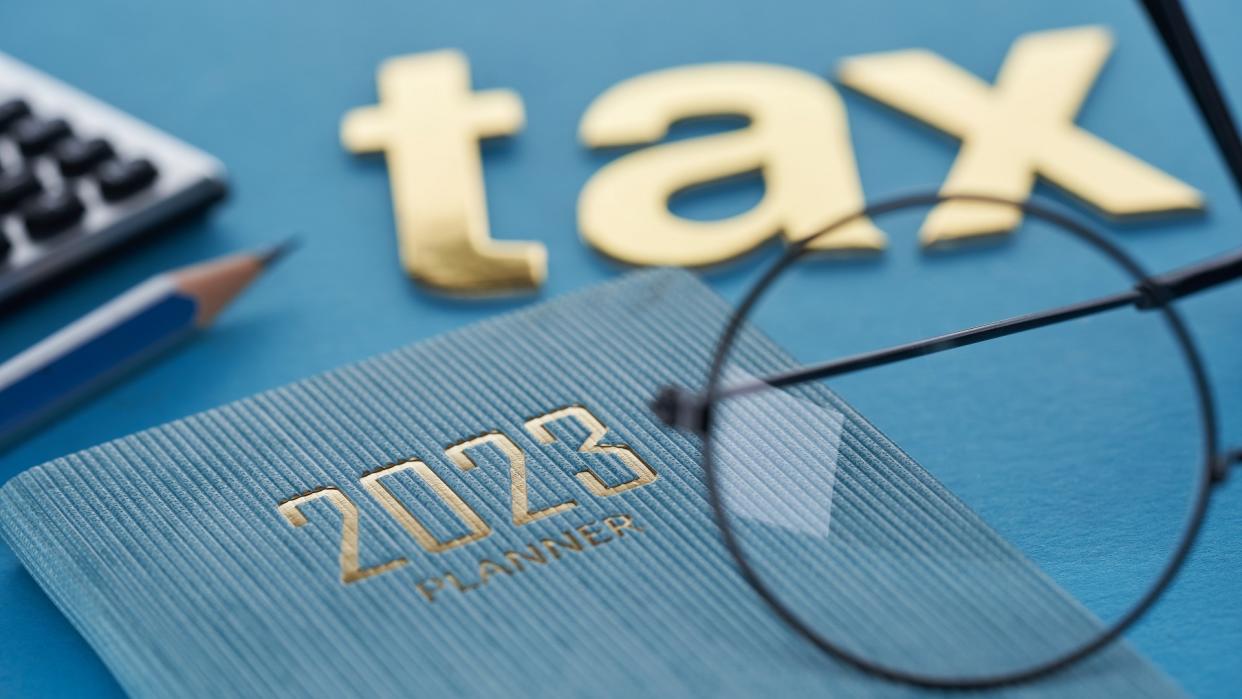I’m a Tax Expert: Here Are All of the Common Refund Opportunities People Miss

When you file your taxes, there are many things you need to know so that you can file an accurate return with the largest allowable refund. Understanding whether you should take the standard or itemized deduction is just one of those things.
For You: A Look at Tax Filing Options and Costs
Check Out: Owe Money to the IRS? Most People Don’t Realize They Should Do This One Thing
If you itemize your tax return, you may not know about many deductions available that can significantly impact your refund. Keep reading as we explore some common refund opportunities people miss out on.
Child Care or Summer Camp
The child and dependent care tax credit was elevated during the pandemic to provide additional relief to families. Although it has now returned to its previous amount, it can still save you a lot of money if you pay for child care. These expenses include daycare, preschool, nanny services, before- and after-school care and summer camps. This tax credit is available to any parents working or actively looking for work and have children under 13 years old.
The child and dependent care tax credit is worth between 20% and 35% of up to $3,000 (for one qualifying dependent) or up to $6,000 (for two or more qualifying dependents), depending on your adjusted gross income. The maximum credit is $1,050 for one dependent or $2,100 for two or more dependents.
Explore More: IRS Increases Gift and Estate Tax Exempt Limits — Here’s How Much You Can Give Without Paying
Home Office Deductions for Freelancers
You can deduct a portion of your rent or mortgage payment if you use part of your home “regularly and exclusively” as a home office for your self-employed business. The IRS doesn’t require a separate room but it needs to be a designated space within your home.
To calculate your allowable deduction, you need to determine the square footage of your home office, which can be up to 300 square feet. Once you’ve determined the area, multiply it by $5 per square foot for your home office deduction.
However, if you were self-employed for only a portion of the year, you must divide your calculated deduction by the months it was used as a home office.
“If you have a space that’s a dedicated home office, you can deduct home office expenses, even including a portion of your utility, phone bills and repair bills, based on what percent of your home’s square footage is a dedicated workspace,” says Armine Alajian, a startup accountant, fractional CFO, tax consultant and founder of the Alajian Group Inc.
Travel for Volunteering
If you volunteer and use your money to pay for travel expenses, that amount can be added to your tax return as a charitable deduction. However, you cannot deduct the value of your time to complete the service. According to the IRS, the trip’s primary purpose must be charity and you must be “on duty in a genuine and substantial sense throughout the trip” to qualify. Keep receipts for mileage, parking, tolls, public transportation and more.
Job Search Expenses
If you find yourself looking for a new job, some expenses come with the process. Luckily, many of those expenses can be tax deductible.
“Traveling for interviews, paying fees to an employment agency or paying for help getting your resume updated are all deductible expenses, as is anything directly related to your job search,” Alajian said.
Travel for Medical Care
You can also deduct travel costs related to medical care. This can include bus fare, car expenses, tolls, parking and lodging, as long as your qualified unreimbursed expenses exceed 7.5% of your adjusted gross income. However, you cannot deduct food costs and you can only deduct up to $50 per person per night for lodging.
Energy-Related Home Improvements
If you’ve been thinking about making energy-efficient home improvements, now might be a great time to start. The available tax credit has been expanded through 2032.
The Residential Clean Energy Credit is worth up to 30% of the cost of solar, fuel cells, small wind energy, geothermal heat pumps and battery storage technology. The credit is not refundable, so the amount you receive can’t be more than the amount you owe in tax, but you can carry any excess credit forward to future years.
The Energy Efficient Home Improvement Credit is another energy-related home improvement credit. For energy-efficient heat pumps, windows, doors, insulation, biomass stoves and boilers, you can receive a 30% credit up to an annual limit of $3,200. This credit is also not refundable and can’t be carried forward to future years.
Long-Term Care Insurance
You can also deduct some of the money you pay for long-term care insurance. Long-term care insurance is a deductible medical expense as long as it is not subsidized by your employer or your spouse’s employer. You can even deduct an increasing portion of your premium as you age.
The Bottom Line
The Tax Cuts and Jobs Act of 2017 significantly increased the standard deduction. Be sure to run the numbers to see if you would be better off with the standard or itemized deductions. If you choose to itemize, ensure you know all the deductions you can claim to maximize your potential refund.
More From GOBankingRates
The Best $20 You Can Spend at Dollar Tree, According to Superfans
This is One of the Best Ways to Boost Your Retirement Savings in 2024
6 Things You Should Never Do With Your Tax Refund (Do This Instead)
This article originally appeared on GOBankingRates.com: I’m a Tax Expert: Here Are All of the Common Refund Opportunities People Miss
